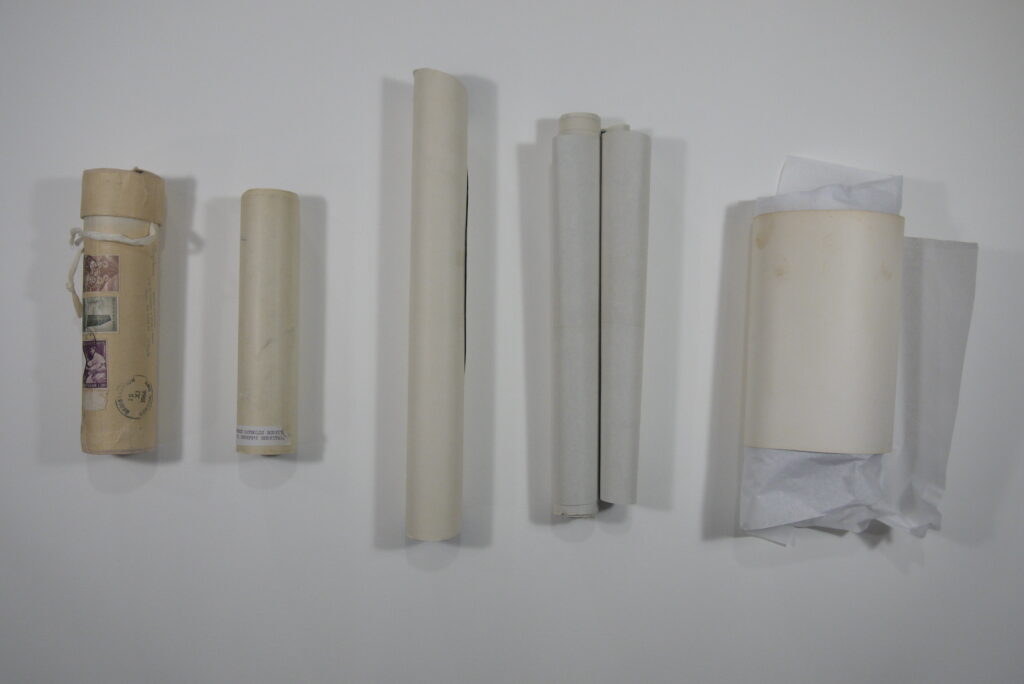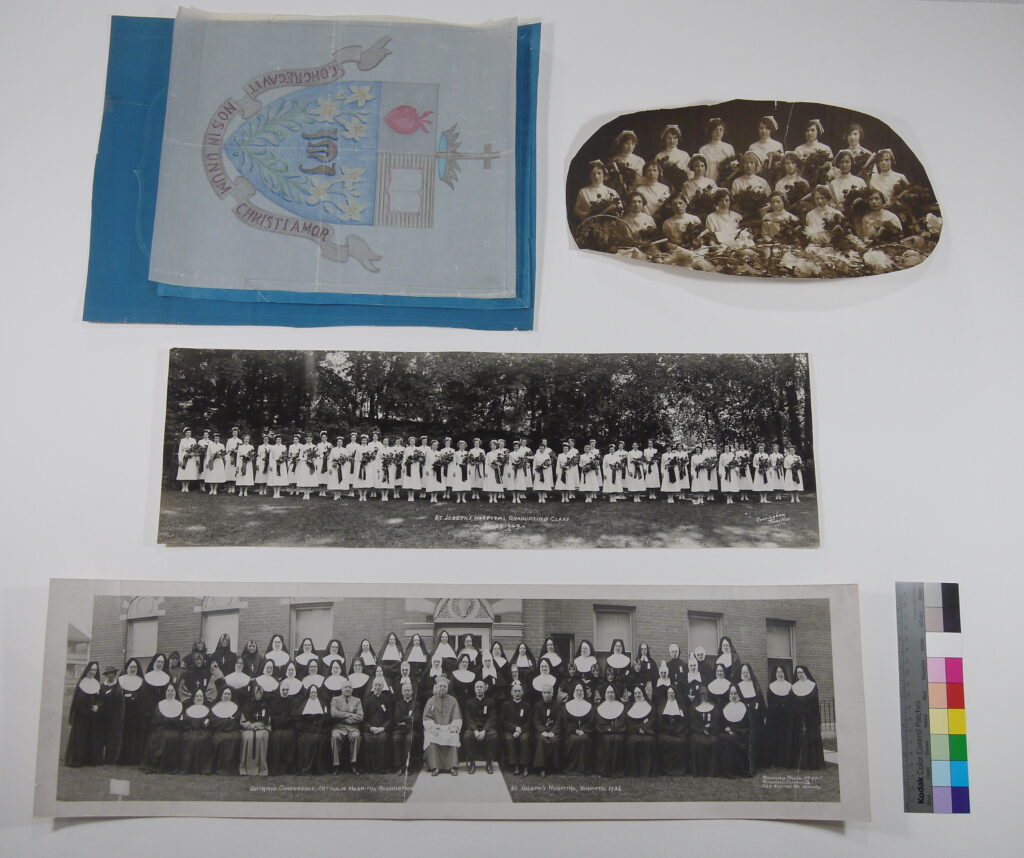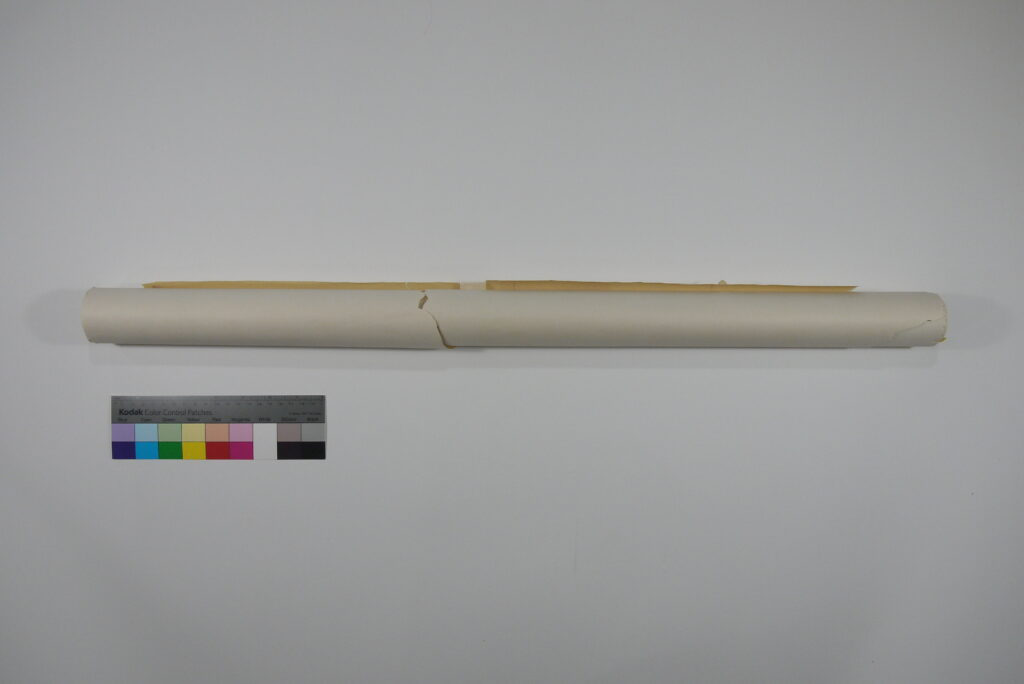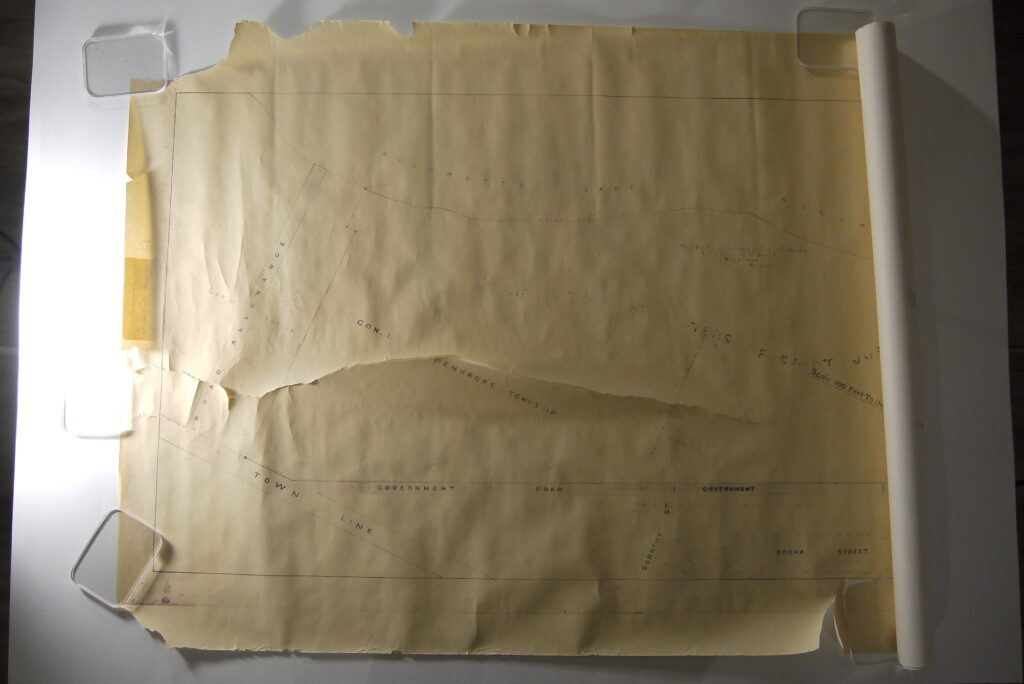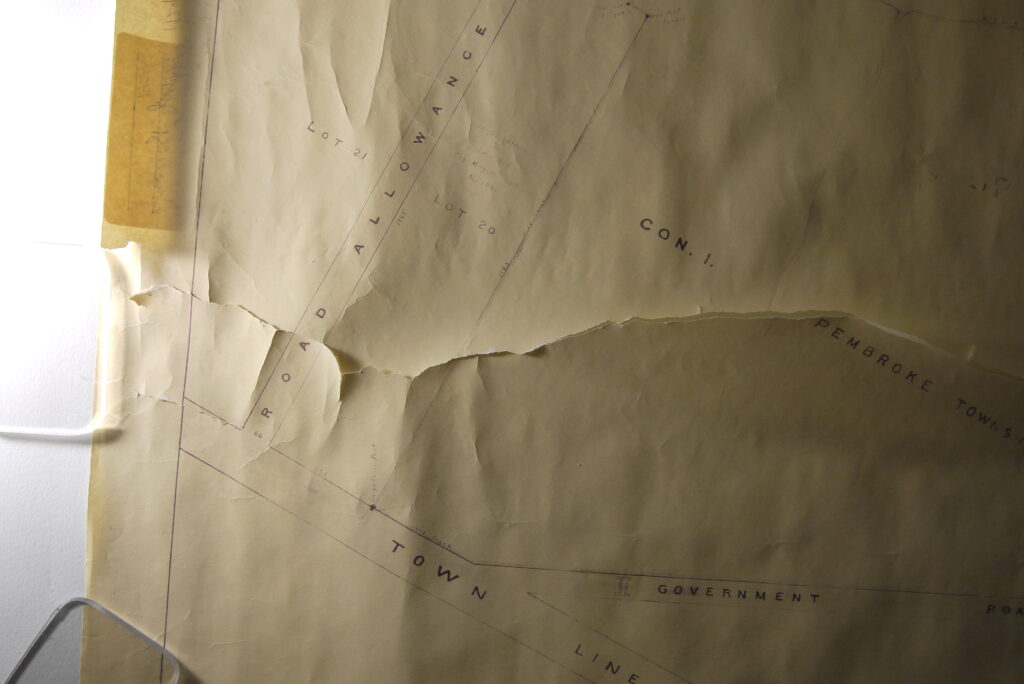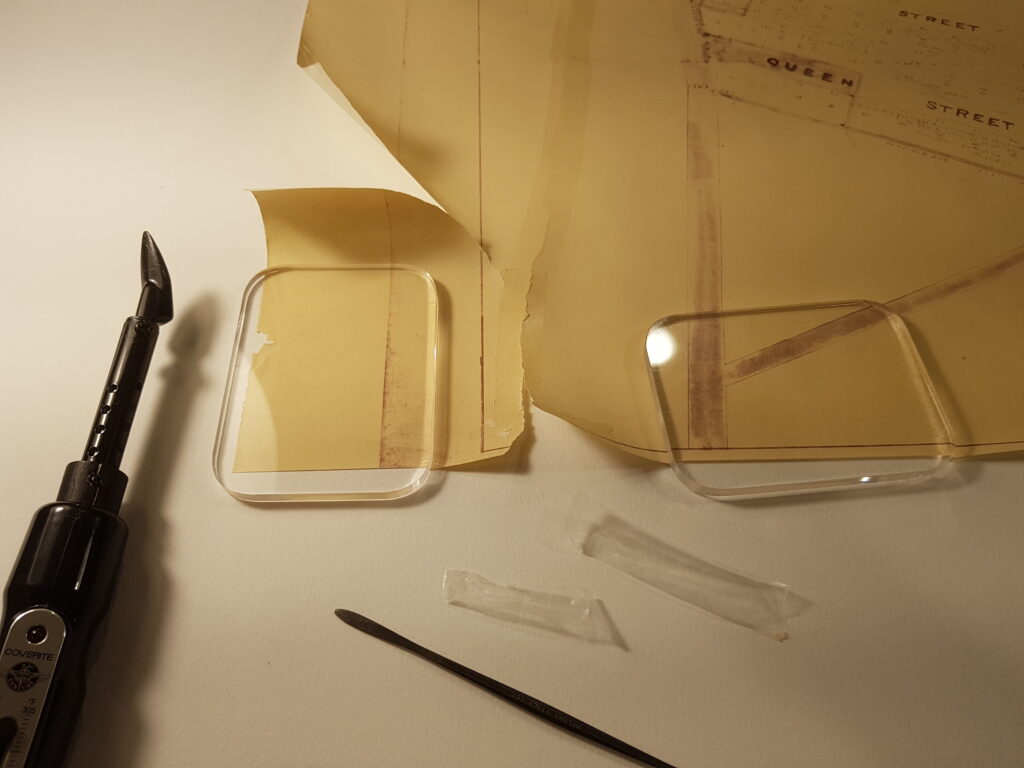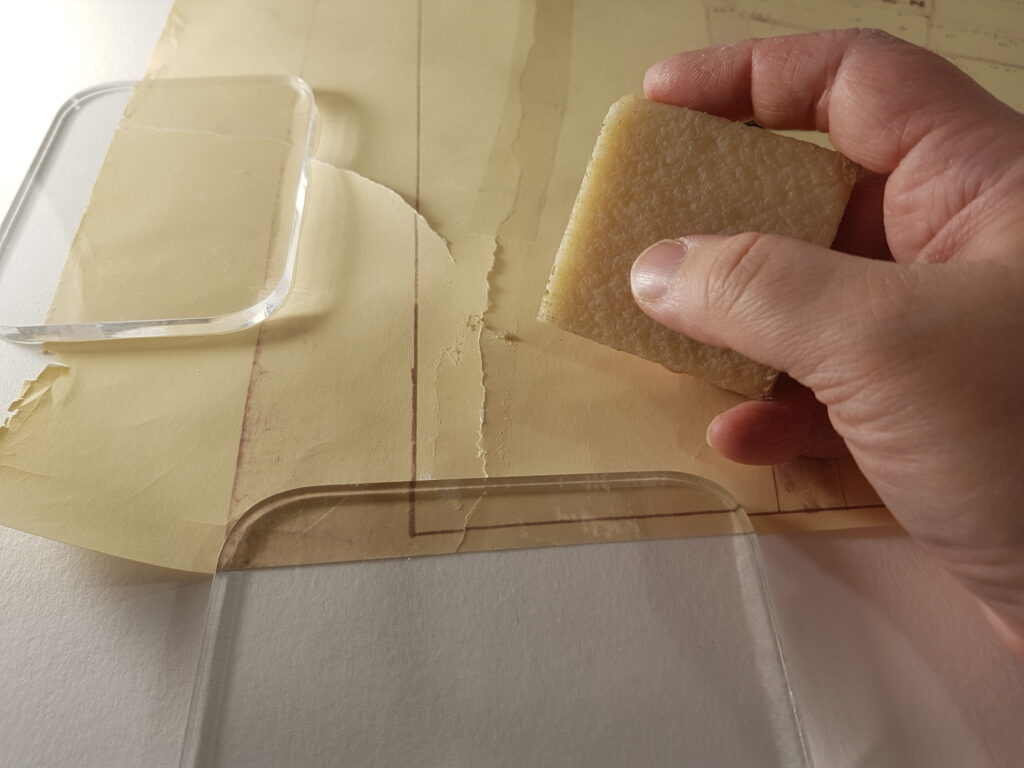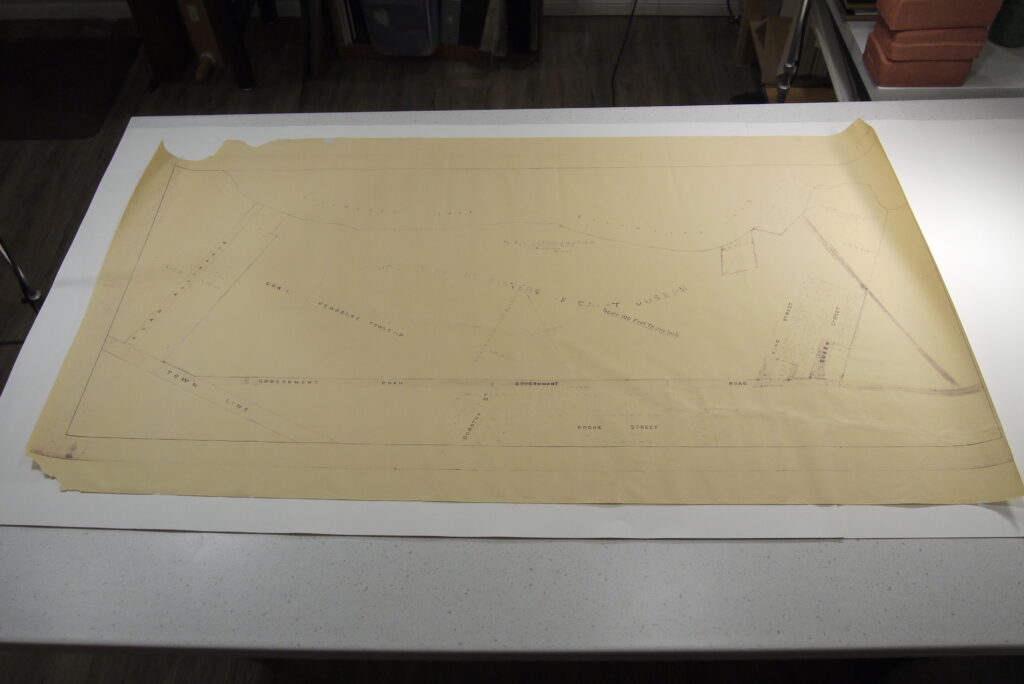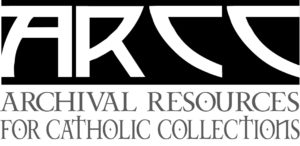By Colleen Callahan Gilbert
Recently there has been an explosion of interest in the field of family history research (otherwise known as genealogy). One reason could be the uncertainty of tomorrow’s future, economically and metaphysically. We are not alone in these unsettling times. Throughout history, our ancestors encountered great depressions and extreme poverty worse than we can imagine. The events and patterns of our present day take on a new appreciation for our family’s past. For some, the study of your family’s history can bring about a feeling of stability in our ever-changing world. For others, genealogy is looked upon as an adventure. It is exciting and challenging. Regardless of whatever piqued your interest in your past, now is the time to take advantage of all the wonderful genealogical resources we have at our disposal.

Where to begin? A good place would be in your own home where you will find evidence of your family history all around you. Begin with yourself. Start by writing down your full name, and then your father’s and mother’s full names working as far back as you are able. Always work from the known to the unknown. Remember to base your calculations on facts, which in turn will help resolve the unknown. Complete as much as possible including the vital statistics of you and your parents. You now have two generations. Now may be a good time to begin charting your new family information. Two simple genealogical charts: the pedigree chart and the family group chart could be used to start putting your genealogy into perspective. Blank charts can be found for free on Cyndi’s List – United States. As your tree expands, you may want to use a genealogical software program to aid in your organization.
Next, check for primary records at home. Primary records are any records created at the time of the event. These would include birth, marriage, and death certificates. Family letters, journals, and diaries could be primary sources if they are recording a particular occasion such as soldier writing home describing his war experiences or a midwife documenting the birth of a child. A death record is a primary source, but also a secondary source for the birth of the deceased. After learning all you can at home, the next step would be contacting and interviewing older relatives who could add not only more pertinent family information, but wonderful stories of the past. With their permission, an audio or video recording would be an excellent way to help document your research. Older relatives’ narratives are a great way to jump start your investigation. They can offer limitless clues for moving backward into new undiscovered territory. But remember—not all stories told are 100% factual. Your Aunt Sally or Grandma Smith may be convinced the family legend is true, but until proven, they are just clues to help you move on.
Bible records are another excellent source of family information. In the past, documenting birth, marriage, and death records were frequently done by writing in the family Bible. Before vital records were required by the county or state, our ancestors often kept their own family records. The value of the Bible records depends greatly on who wrote the records. Was he or she a witness to a birth or death? Or was this secondhand information which was later added to the Bible? Whatever may be the case, Bible records are truly an invaluable research source to the genealogist.
After gleaning as much information from home and family you are probably ready to explore outside sources such as the Internet, library, and the Family History Center. The Internet contains a huge treasure trove of information. Websites such as Ancestry and FamilySearch have literally millions of records at your disposal; in addition, they offer guidance in the way of classes and online seminars. While Ancestry.com is a subscriber-only site, FamilySearch is free to the public. Keep in mind, as you venture into online genealogy that you will not find everything you are seeking to complete your genealogical history. Many records are simply not online. Remember also that just because it is online does not make it true. Many genealogies posted are filled with inaccuracies. You should always do your own research and use the information posted only as a guide.
Most libraries are genealogy friendly. The main headquarters in London, Ontario has a wonderful genealogy area where library patrons can utilize the Internet just for their research. It also subscribes to Ancestry.com for in library use only, although during the pandemic, it is available by logging in from home with your library card. In addition, the library houses an extensive collection of genealogical books and old newspapers.
You’ve been warned: this is a very addicting hobby! Once you begin and find out the real story behind the disappearance of great Uncle Joe or why your great, great grandfather left Ireland in such great hurry, you will be hooked. Like a detective you may travel to archives, county court houses, and cemeteries trying to find that distant cousin who keeps evading you at every turn. If you are seeking only perfect ancestors, then genealogy is probably not for you. Like it or not, there will no doubt be a black sheep or two in your family if you look long enough.
Genealogy is for everyone: young, old, rich or poor. We all have a past which is begging to be discovered. What do you know about your ancestors?
